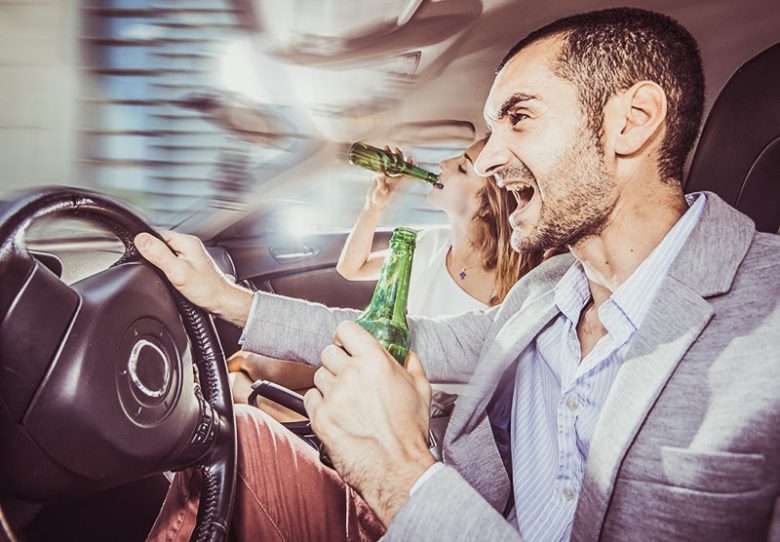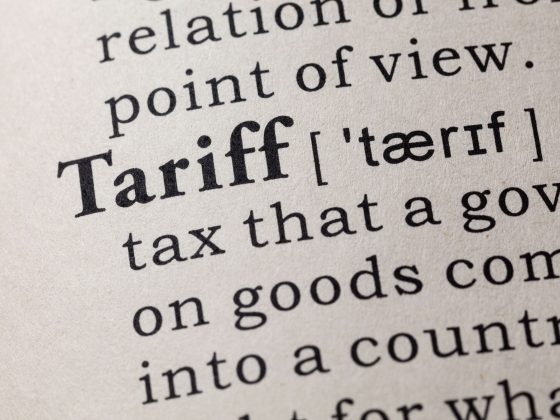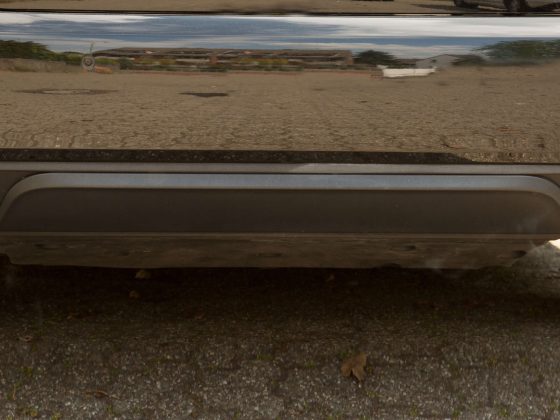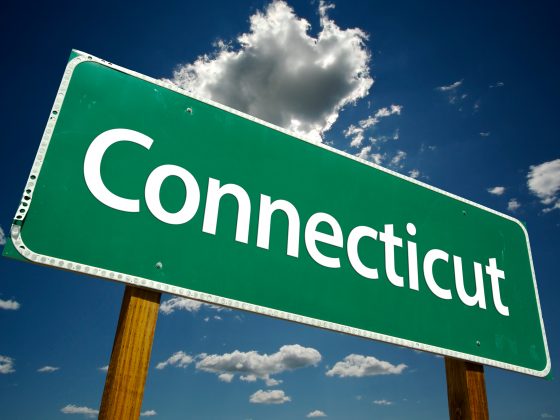Motorists are constantly reminded about the effects of impaired driving and how to remain safe.
Use eTags© to Quickly Complete Your DMV Service. Renewals, Title Transfers and More, All Online!
You’ve probably seen banners and media campaigns across multiple channels, discouraging drivers from drunk driving.
Regardless of how confident you feel about your driving skills, drunk driving affects your ability to remain focused and the safety of others.
The National Highway Traffic Safety Administration reported that 15% of all drivers in 2011 who were involved in fatal accidents during the week were associated with drunk driving.
In addition, 31% of fatalities resulting from drunk driving crashes happened on weekends.
Given the alarming number of drunk drivers at risk, and considering the efforts of safety campaigners and authorities, it is estimated that 1 in 3 people will be involved in a drunk driving accident all round their lifetime.
Then, why do people opt for drunk driving despite the atrocious consequences?
In retrospective, nobody is bold enough to choose impaired driving over any other alternative prior to attending any social event.
What pushes motorists to drive while drunk is the lack of accurate decision-making when evaluating their travel choices due to the excessive consumption of alcohol.
For instance, when planning to going out to a social event, people assume that they are fit to drive, or someone else will be ready to take the lead.
This assumption seemingly discourages drivers from thinking of arranging a plan B in case things start getting out of control.
At the end of the event, the person realizes that everyone around is already intoxicated, getting exposed to an ill-informed decision about whether they can drive themselves.
Decision-making at this point is nullified and most cases result in actions that jeopardizes the safety of everyone onboard.
Additional contributions against driving while drunk
The National Public Services Research Institute carried out a survey to examine the decisions people make when they decide to drive while drunk.
By surveying almost 600 participants, the study categorized the following responses:
- 33% of respondents associated drunk driving with pressure from their social environment.
- 21% of respondents attributed drunk driving to personal decisions.
- 15% of respondents engaged in drunk driving owing to a particular occasion.
- 9% of respondents considered drunk driving as part of their normal behavior.
- 8% of respondents commented that plans for drinking were previously arranged.
- 6% of respondents associates drunk driving with a personal responsibility.
- 4% of respondents linked their decision to an emotional need of drinking.
- 3% of respondents linked their decision to economic reasoning (either alone or with colleagues).
Regardless of the nature of your reasoning to drive while drunk, impaired driving is a common habit that is hard to combat and remove from people’s minds.
Whether you are vulnerable to drunk driving or know someone who has a hard time with this issue, you could make a change by sharing this article and help raise awareness.
SEE ALSO: New AAA Study Links Teen Passengers To Higher Fatal Crashes








